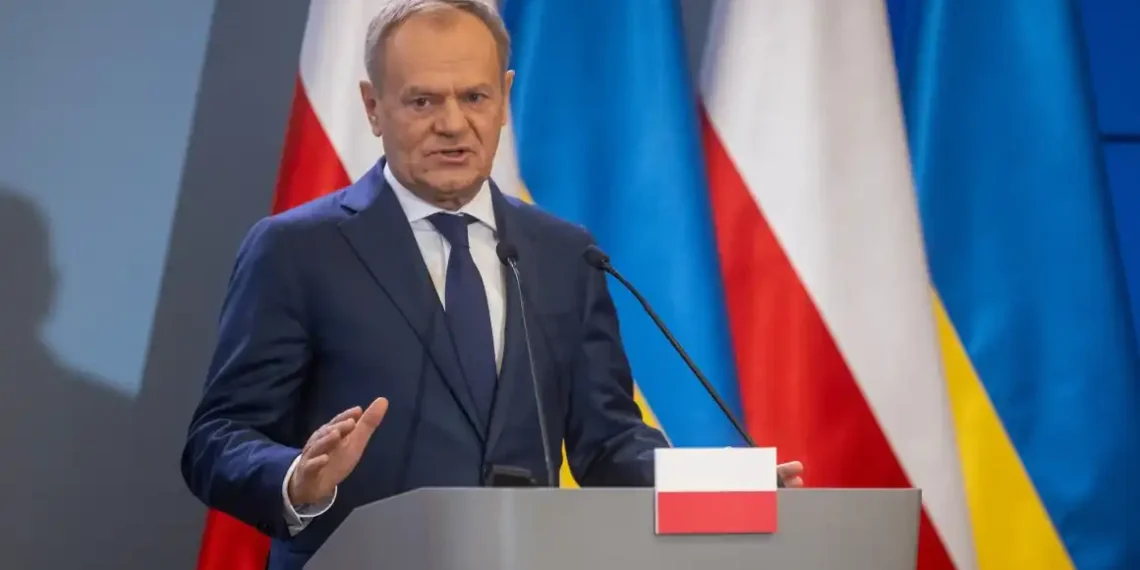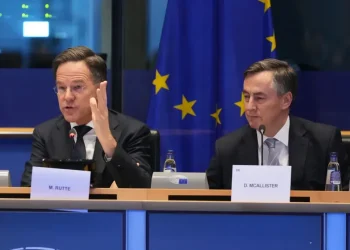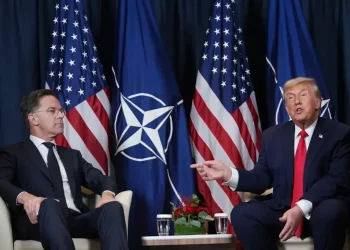Poland’s Presidential Vote Could Remove Final Barrier to PM Tusk’s Agenda
Poland is on the brink of a political turning point that could reshape its future direction—both at home and within Europe. As voters head to the polls this Sunday for the first round of the presidential election, the outcome could determine whether Prime Minister Donald Tusk finally gains the freedom to fully enact his reform agenda.
The Last Stand of Populist Resistance?
Since returning to power in late 2023, Tusk has been working to reverse the legacy of the right-wing populist Law and Justice (PiS) party. But one major obstacle remains: President Andrzej Duda. While Tusk controls parliament and the prime minister’s office, Duda has used his presidential veto to block key reforms—especially those aimed at restoring judicial independence and advancing civil rights.
Duda’s second term is coming to an end, and he cannot run again. His departure opens the door for a potential shift in Poland’s political landscape.
A Race Between Two Visions
Leading the race to replace Duda is Warsaw’s liberal mayor, Rafał Trzaskowski, a close ally of Tusk and a member of the pro-European center-left Civic Coalition. Trzaskowski, who narrowly lost the last presidential election, now hopes to deliver a decisive win for the country’s progressive wing.
His main rival is Karol Nawrocki, the candidate backed by PiS and a vocal supporter of former U.S. President Donald Trump. Nawrocki recently visited the White House and has positioned himself as the torchbearer for Poland’s populist movement.
If Nawrocki wins, he would likely continue Duda’s pattern of blocking Tusk’s initiatives, limiting the prime minister’s influence until the next parliamentary elections in 2027.
Why This Election Matters
For Tusk, this presidential race is about more than just domestic politics—it’s about cementing Poland’s return to liberal democracy and its alignment with the European Union. His government has already worked to repair ties with Brussels, and EU leaders view Tusk as a model for countering the spread of populism across Europe.
But the veto power of the president has proven to be a formidable check. Duda has thwarted efforts to reform the judiciary, expand access to contraception, and strengthen protections against hate crimes—either by direct veto or by sending legislation into legal limbo.
A Trzaskowski win would lift that blockade, giving Tusk and his coalition much-needed momentum. But it wouldn’t guarantee smooth sailing. Poland’s deep cultural conservatism still shapes political realities, and Tusk’s more controversial goals—such as easing the country’s near-total abortion ban or recognizing same-sex civil partnerships—face resistance even within his own ranks.
What to Expect on Election Day
If no candidate wins more than 50% of the vote on Sunday, the race will go to a run-off two weeks later. Most observers expect a final showdown between Nawrocki and Trzaskowski. However, political analysts will also be watching the performance of Sławomir Mentzen, co-leader of the far-right Confederation party, known for its anti-immigration, anti-EU stance and vocal criticism of Ukraine’s leadership.
What’s at Stake
This election could mark the end of the PiS party’s influence over Poland’s political institutions, or it could entrench a divided government that hinders reform until 2027. Either way, the outcome will send strong signals across Europe at a time when populist movements are gaining ground.
As Marta Prochwicz Jazowska of the European Council on Foreign Relations warns, a Nawrocki victory would not only reduce Tusk’s room to govern—it could fracture his already fragile coalition. In contrast, a Trzaskowski presidency would give Tusk the political breathing room to finally deliver on the promises that brought him back to power.
This article was rewritten by JournosNews.com based on verified reporting from trusted sources. The content has been independently reviewed, fact-checked, and edited for accuracy, neutrality, tone, and global readability in accordance with Google News and AdSense standards.
All opinions, quotes, or statements from contributors, experts, or sourced organizations do not necessarily reflect the views of JournosNews.com. JournosNews.com maintains full editorial independence from any external funders, sponsors, or organizations.
Stay informed with JournosNews.com — your trusted source for verified global reporting and in-depth analysis. Follow us on Google News, BlueSky, and X for real-time updates.













